Agriculture students have recently filled the school with green by placing aeroponic towers around the building with various plants and flowers. Melinda Spaur (staff) educates her horticulture students about agriculture technology with these new aeroponic towers.
Spaur is one of the agriculture teachers at Windsor and has helped develop the school’s program through innovative ideas in the area. This year Spaur introduced her horticulture students to a new system that they learn about in class: aeroponics.
Aeroponics is one of many different initiatives to grow plants more efficiently. Rather than taking an entire season to culture heads of lettuce, it can be done in weeks. Not only is aeroponics more efficient but it also utilizes water more efficiently, allows for higher crop yields and allows for heightened control and precision when growing crops.
Spaur taught her students about the system and what it does in order to introduce the topic to those who would be responsible for the towers placed around the school. “I have 15 students in my class, so I have 15 towers,” Spaur said. “(The students) are in charge of taking care of it. They need to check the water because the water pump can never go dry, checking the plants to make sure they are healthy and adding chemicals whenever they are needed.”
One of the students in Spaur’s class that enjoys working with the systems is Jack Oglesby (11). “I took horticulture because I enjoy agriculture and FFA is a great community and I want to be a part of it,” Oglesby said. “I like being able to help grow the plants and working with the science behind it, too.”
Oglesby decided to place his garden tower in English teacher Natalie Plowman’s (staff) classroom, but he didn’t grow heads of lettuce with the tower; rather, he grew flowers. “I decided to put a bunch of flowers on mine instead of lettuce,” Oglesby said. “It’s gone really well so far. We’re starting to see flowers pop up after three weeks or so, so it’s going really well.”
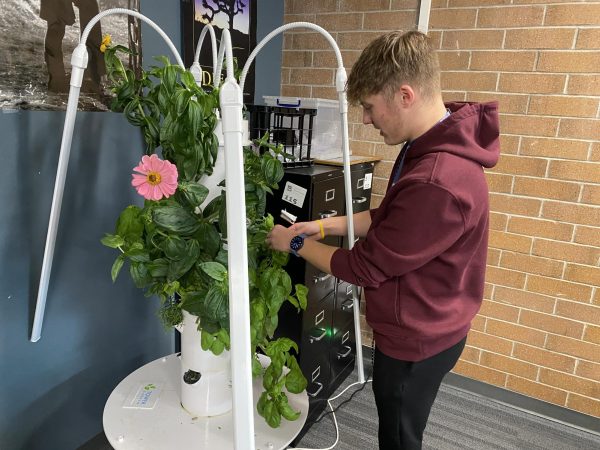
Another student who has learned a lot from the class is Abbie Sedaghat (11). “I actually was meaning to take food science, but that didn’t work out, so I ended up in horticulture, and I’m really glad I did because I think it’s great to know the science behind both plants and flowers,” Sedaghat said.
During the first weeks of the semester, Spaur taught her students about the importance of ensuring that the nutrients, water and Ph levels are always stable: “The stuff we do during class time usually is changing the Ph, checking the water and giving it nutrients, just making sure it’s healthy,” Sedaghat said.
Part of the reason many of the tower gardens were placed in different rooms was to gain more insight on ideal growing conditions and Sedaghat’s tower was a key element in this. “I put my tower in Vasa’s room because Vasa has a giant window in his room, so it got a lot of natural light as well as from the lights on the tower,” Sedaghat said.
The garden towers have been of great use to Spaur’s program and the agriculture department as a whole, but they were not easy to obtain. To purchase these towers, two grants were needed to have sufficient funds, as each tower is $1,000.
“I applied for two grants, the first being the Perkins grant, which only Career and Tech Education classes have access to,” Spaur said. “The second bought all the chemicals and Ph kits, so that we could maintain the gardens.”
Spaur’s second grant was from the Weld RE-4 Education Foundation.
The new aeroponic systems have introduced a new element of education to the agriculture program and will serve the department well for years to come.


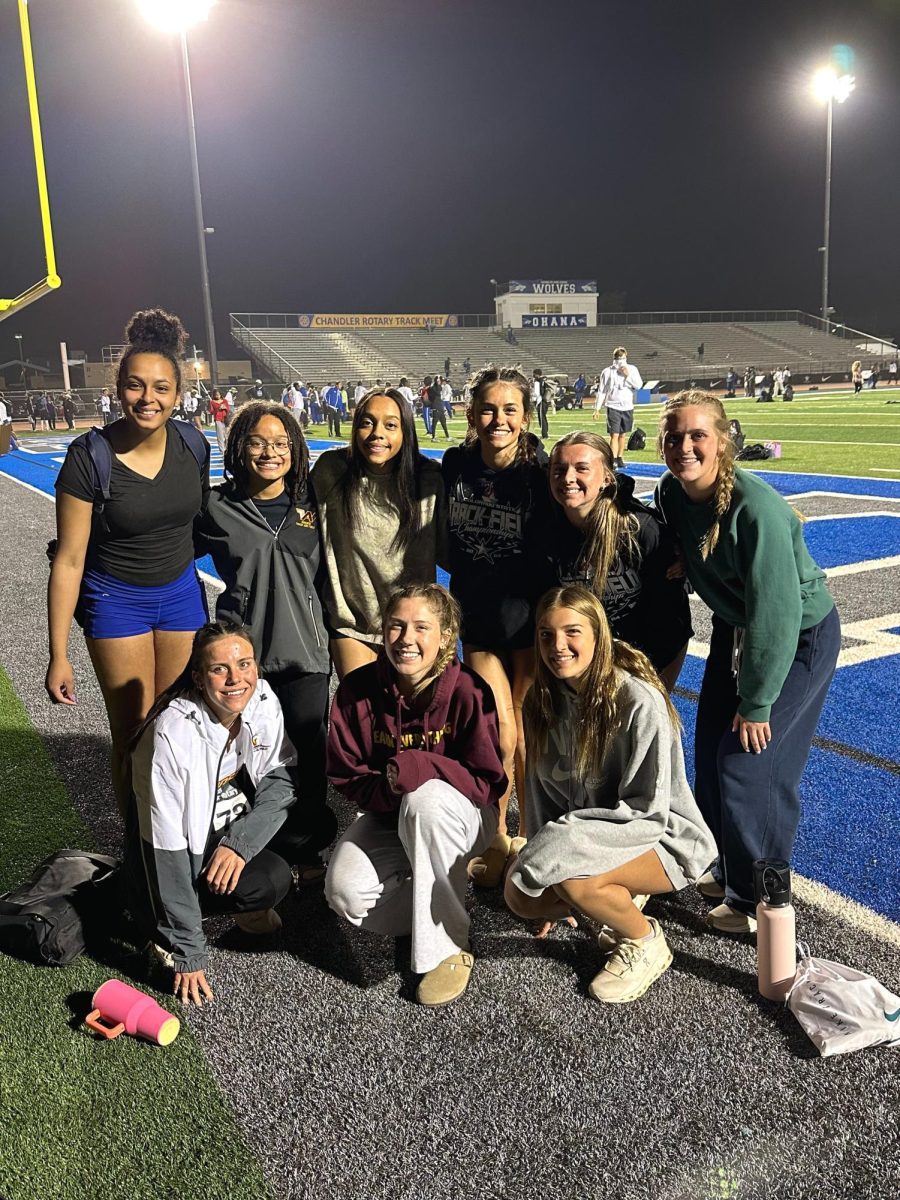


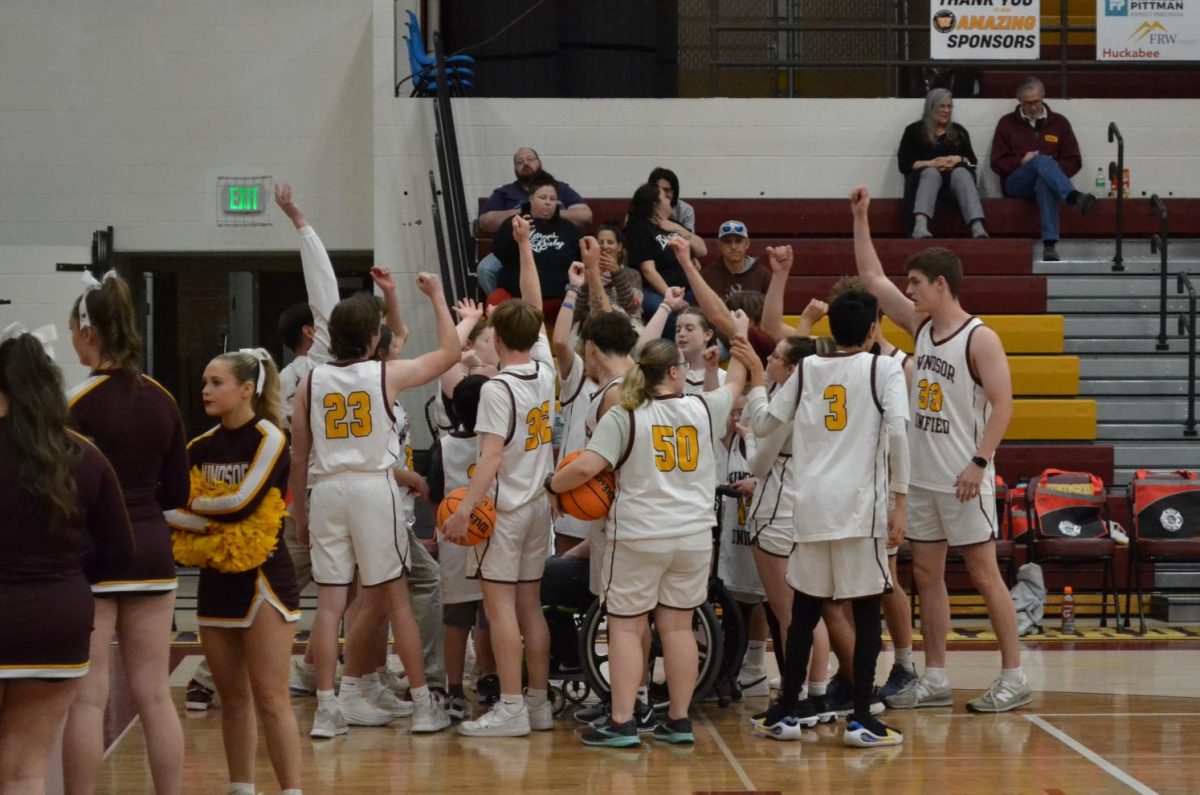

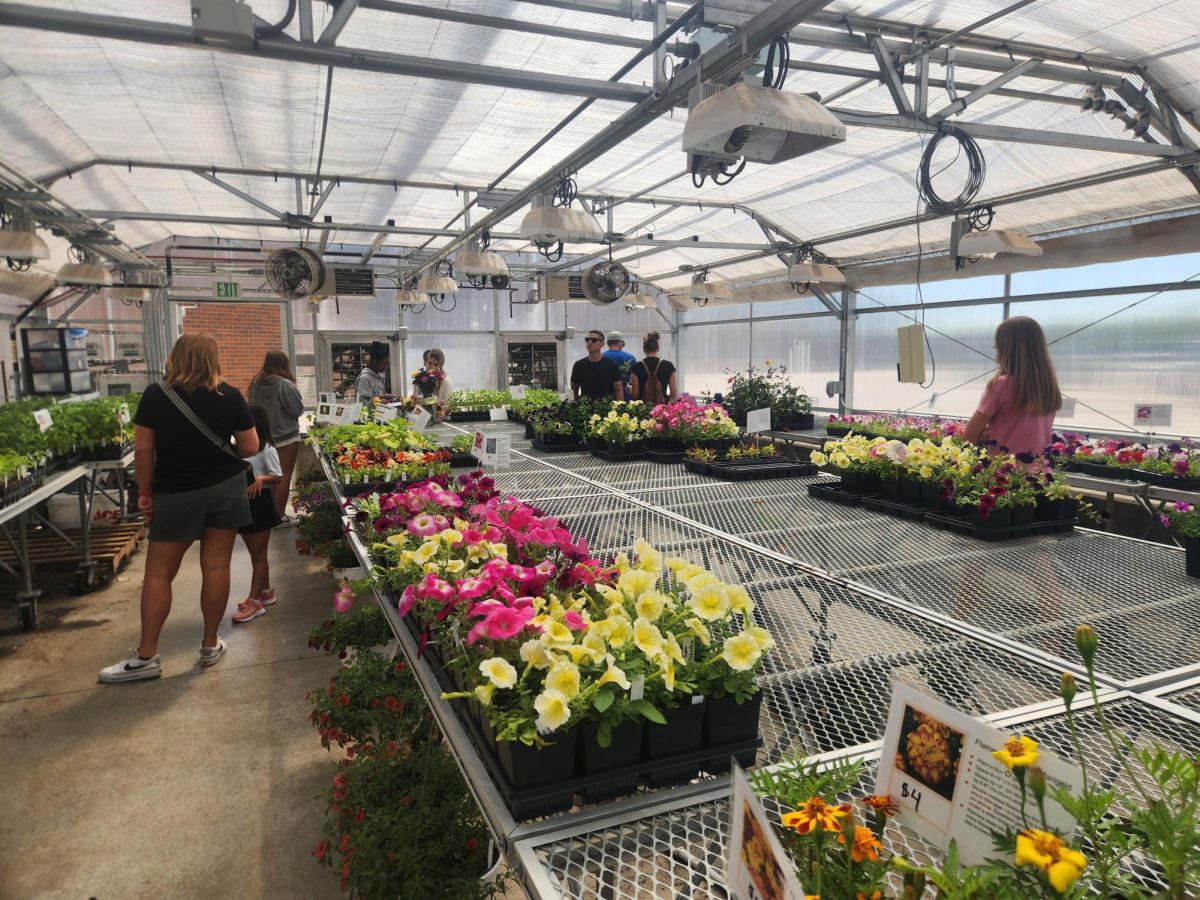

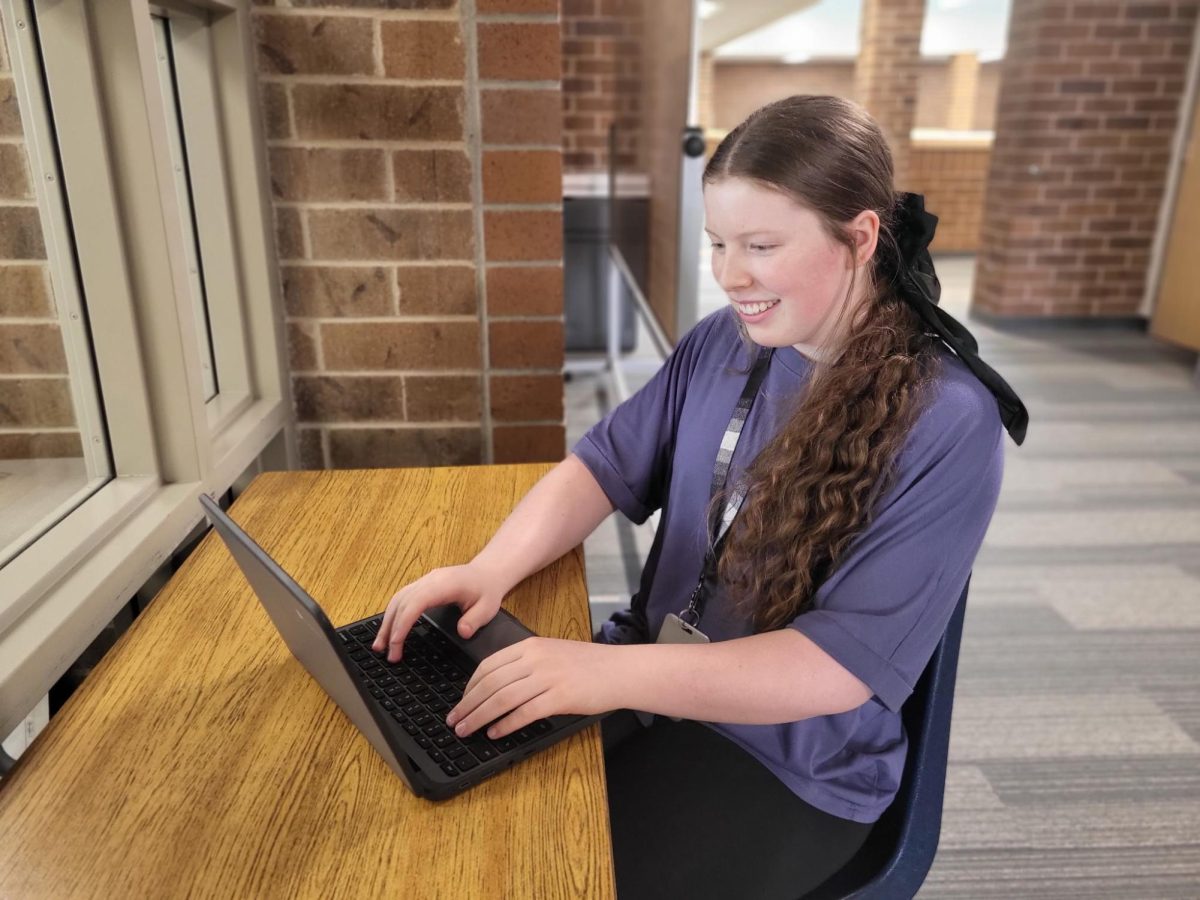
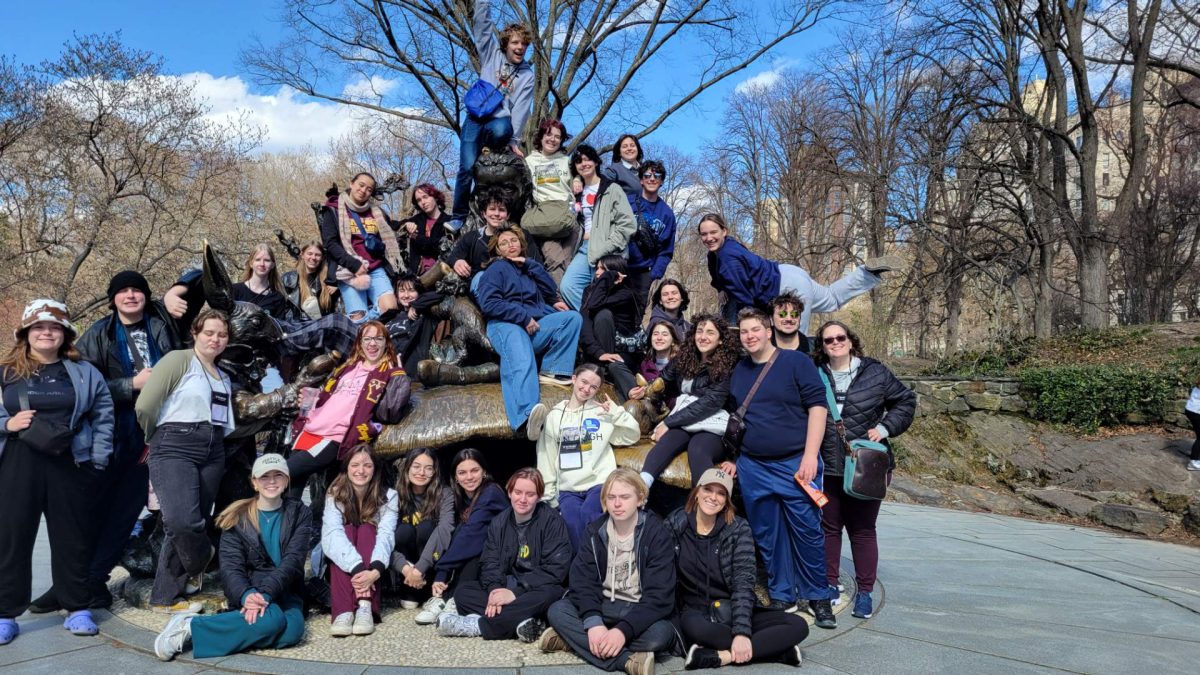
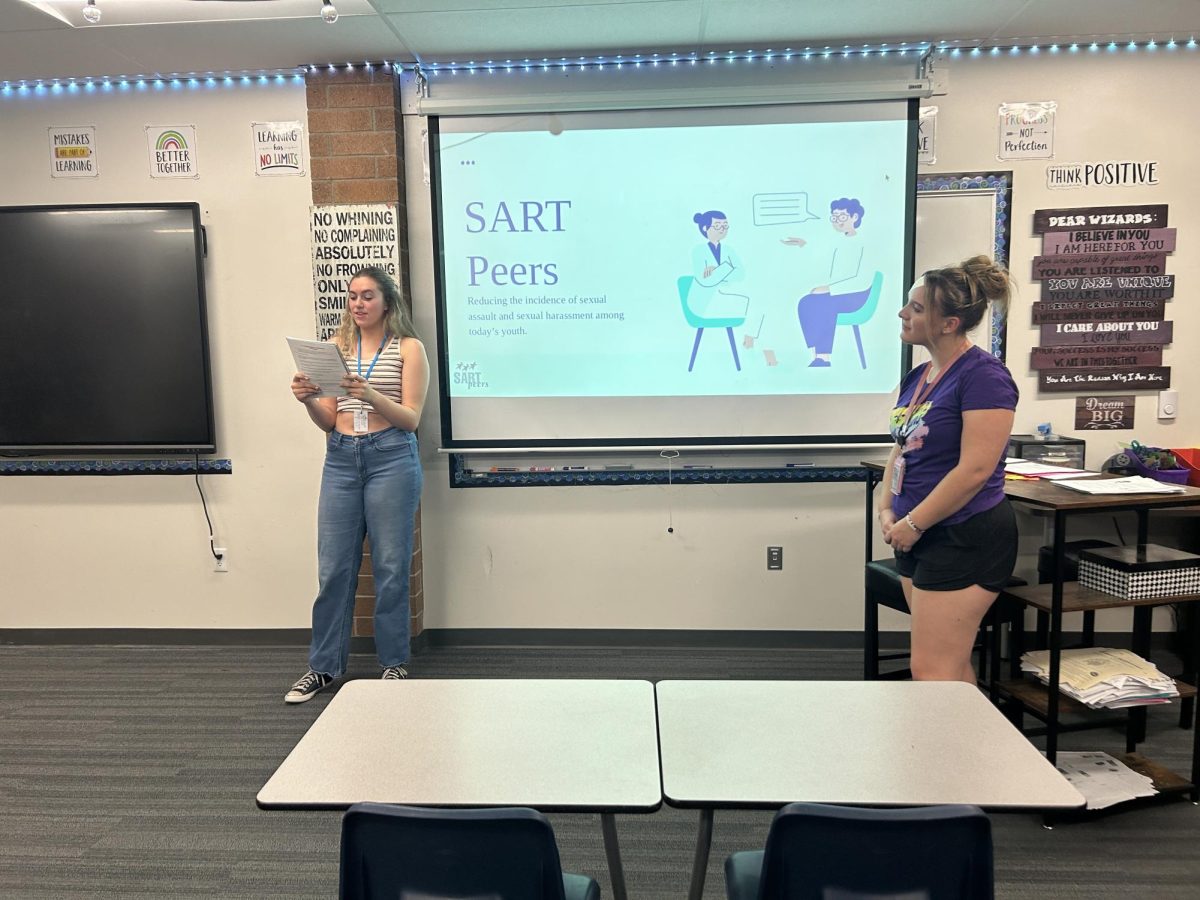
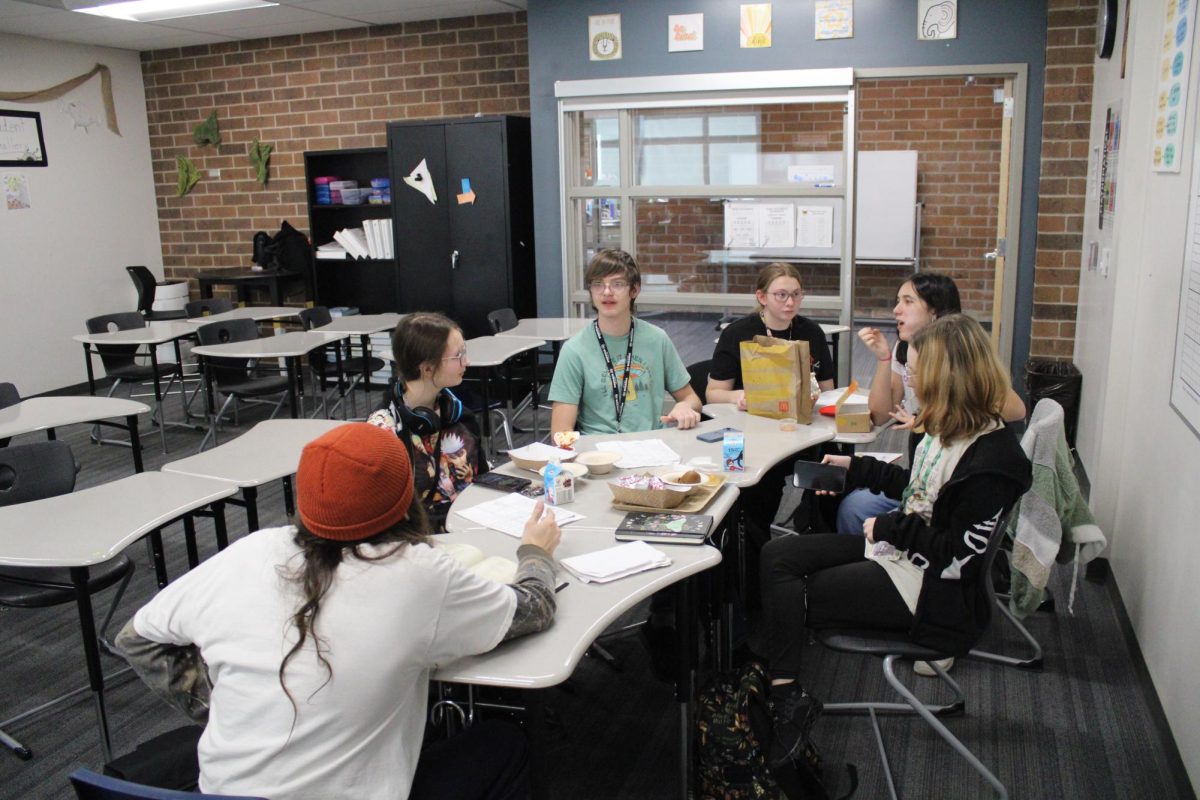
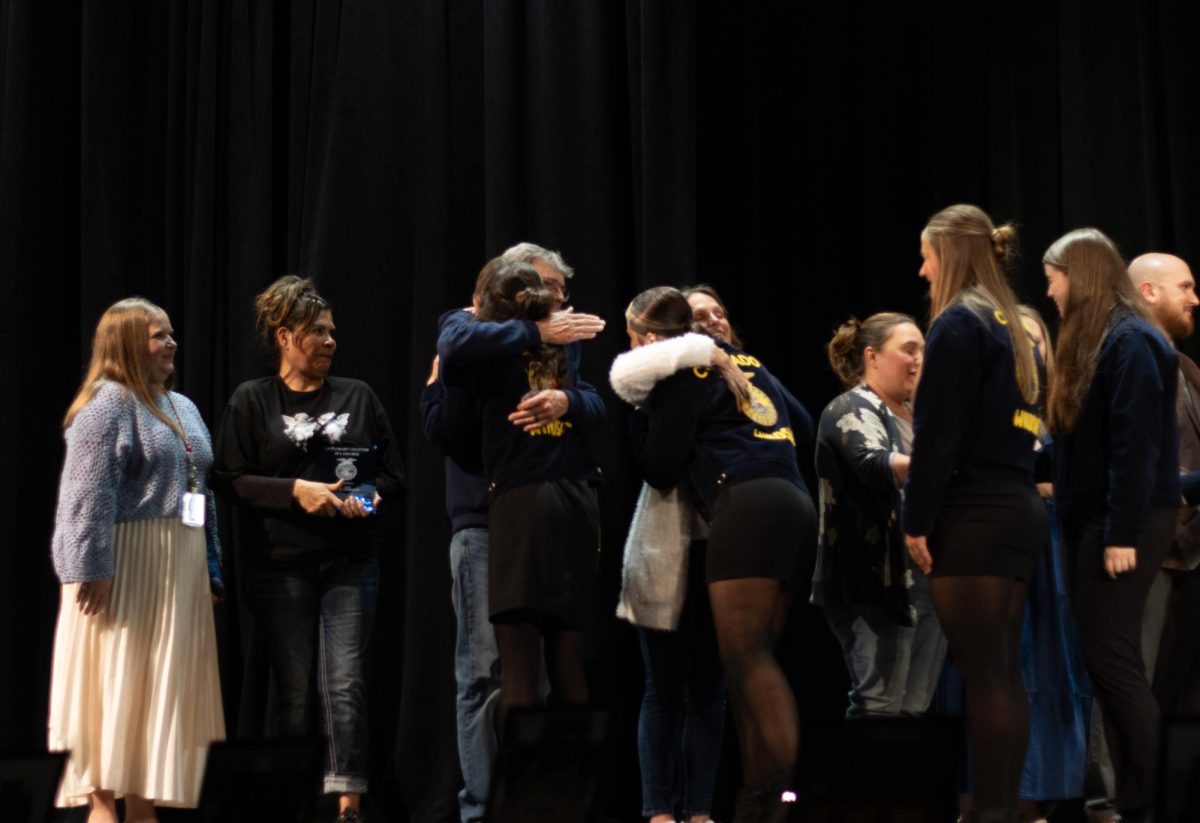
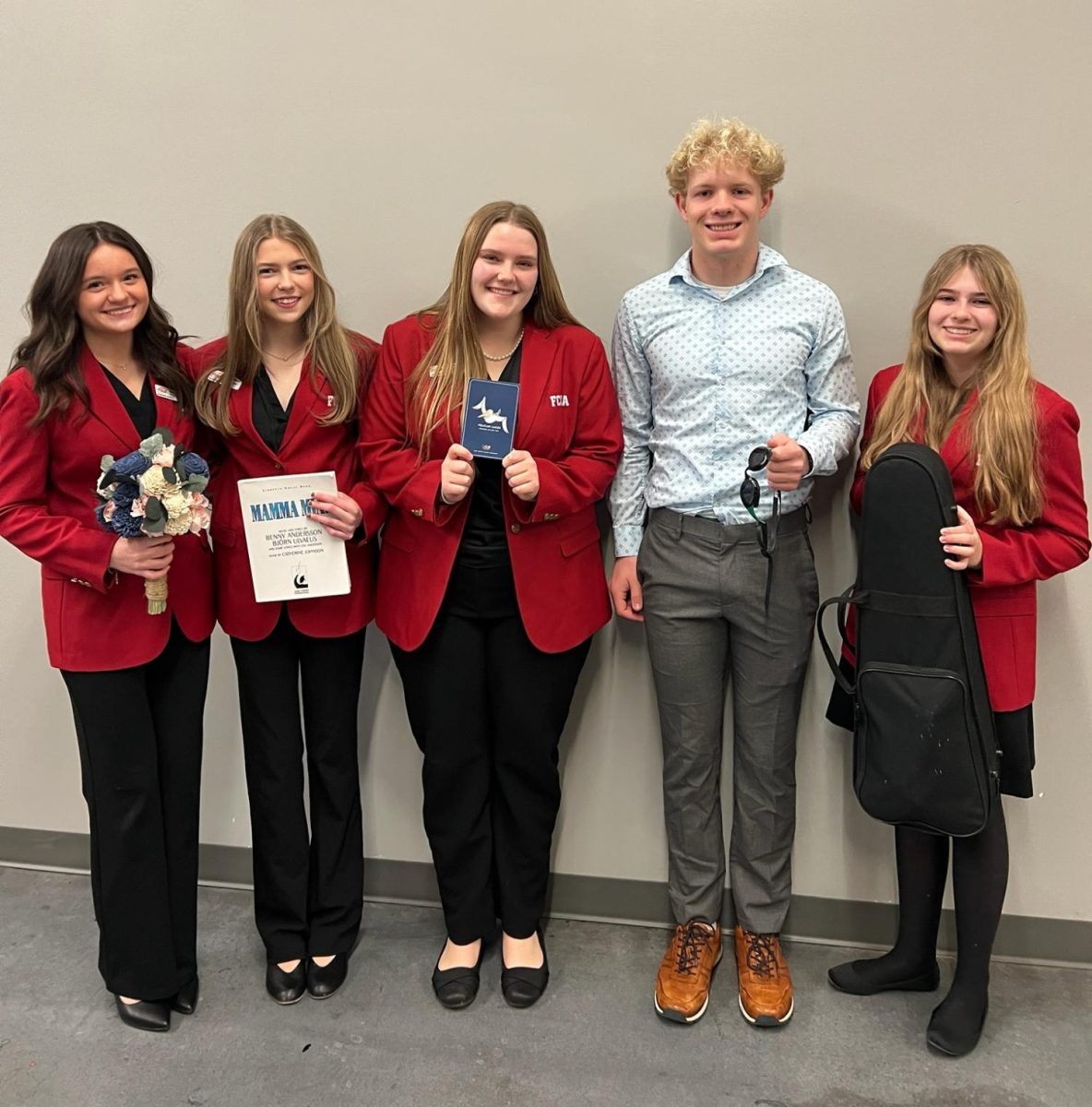
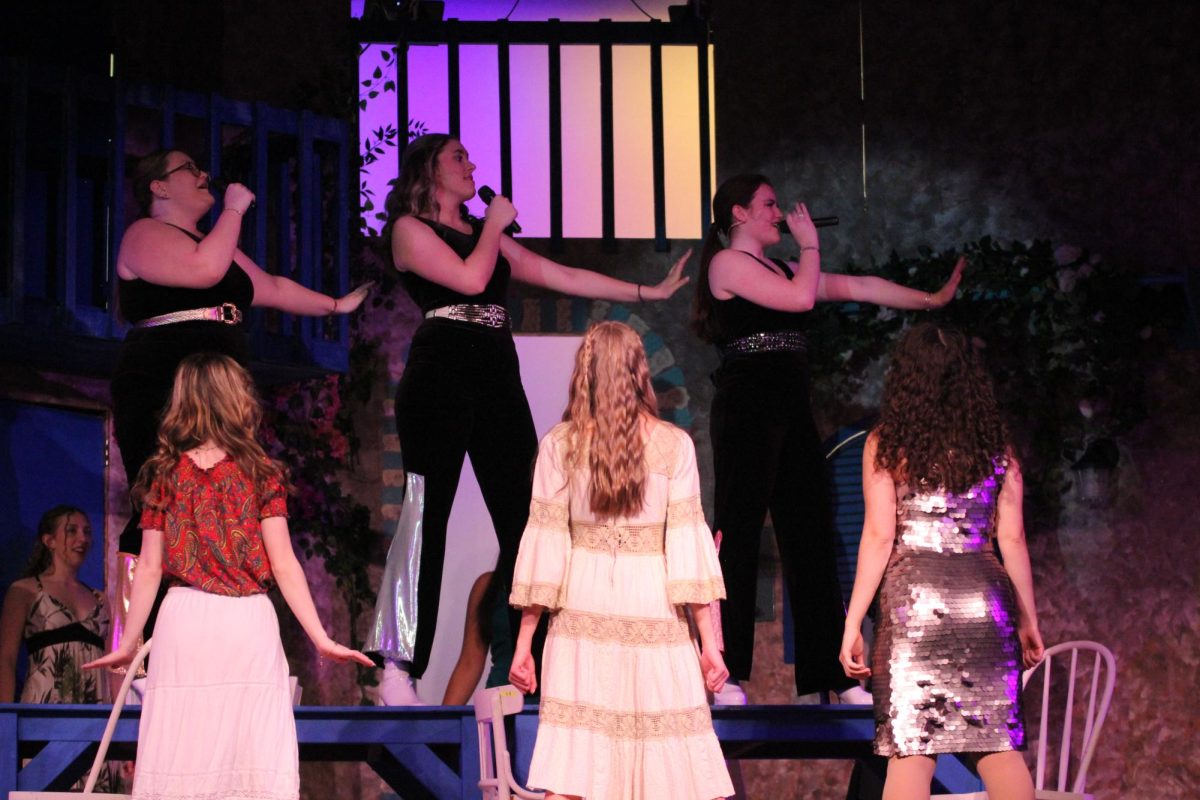
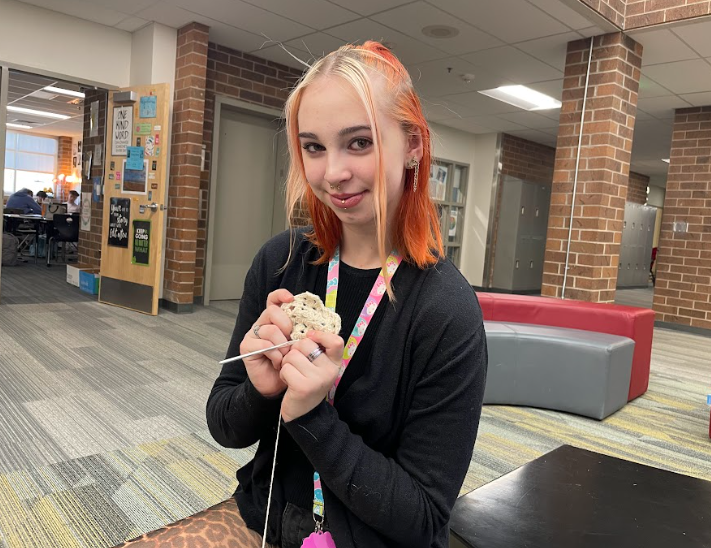




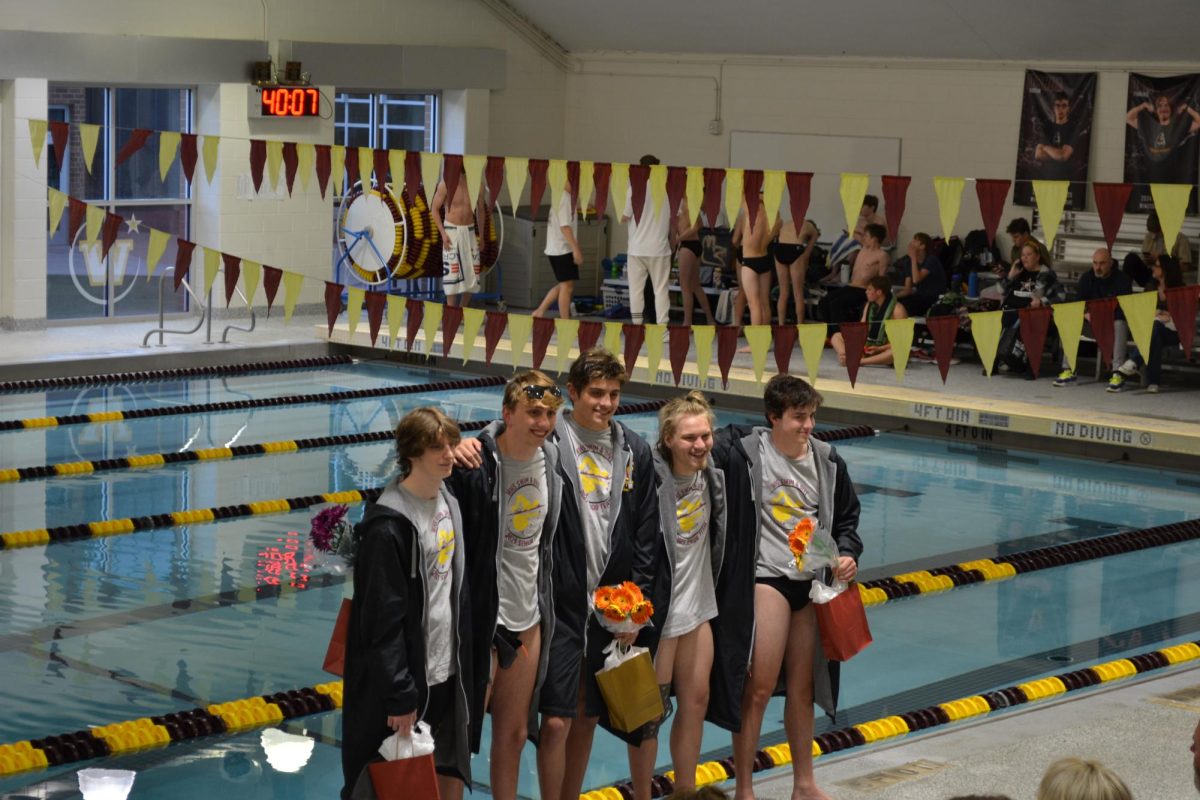

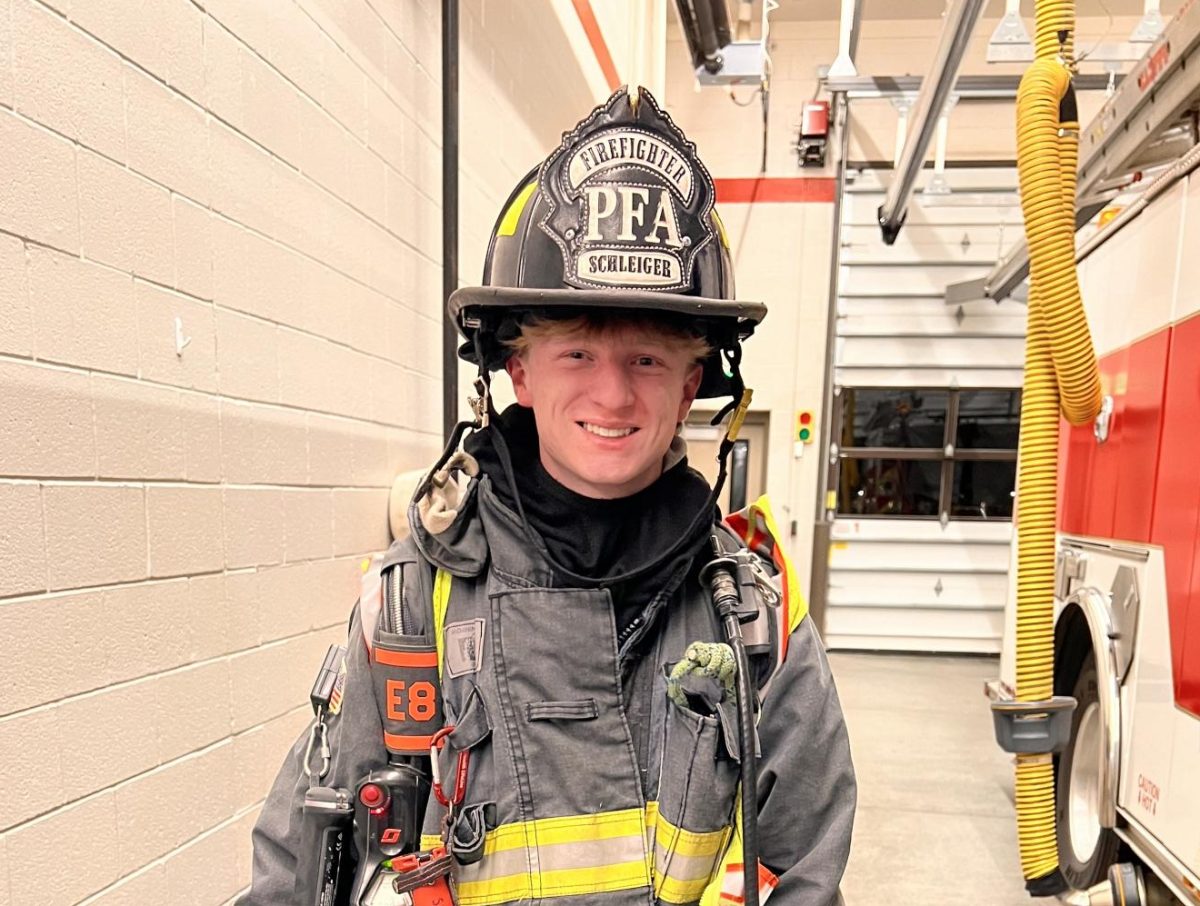


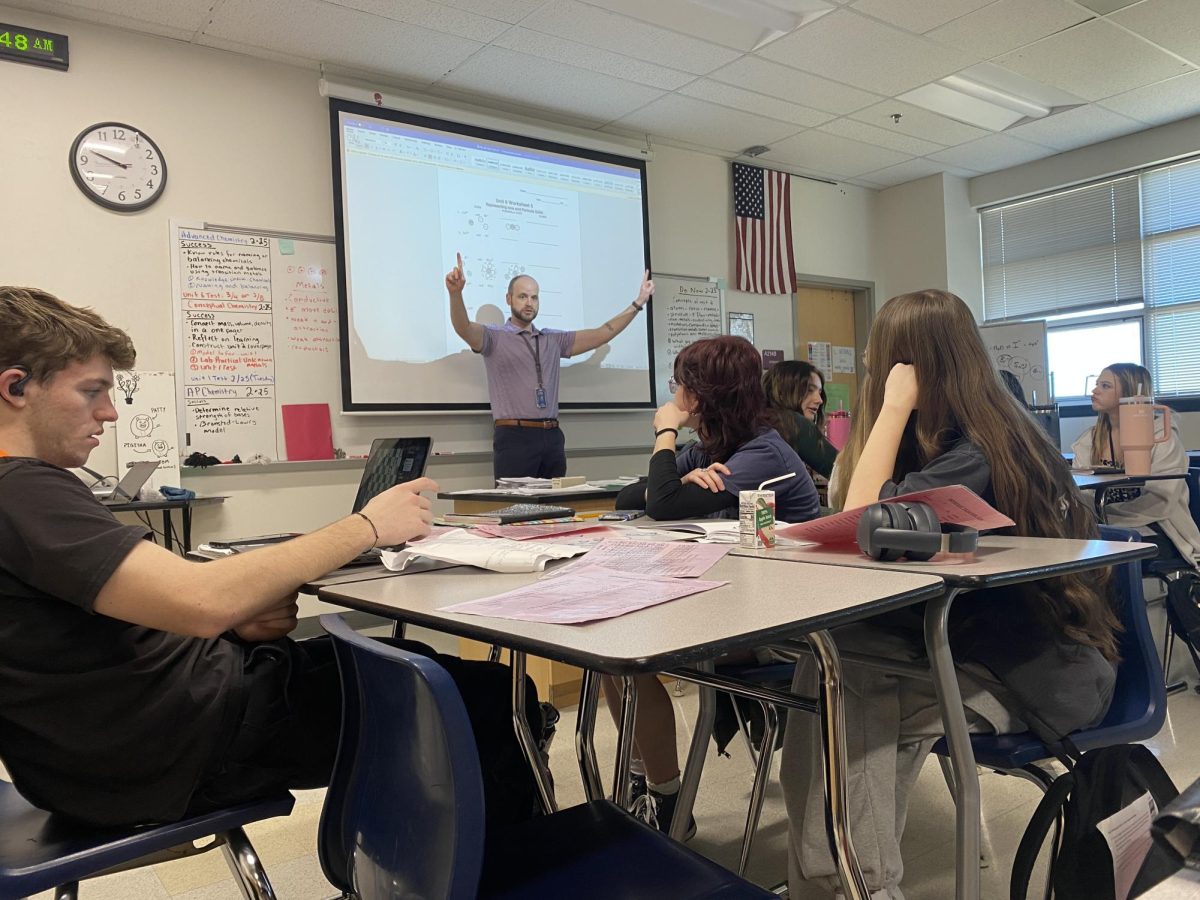

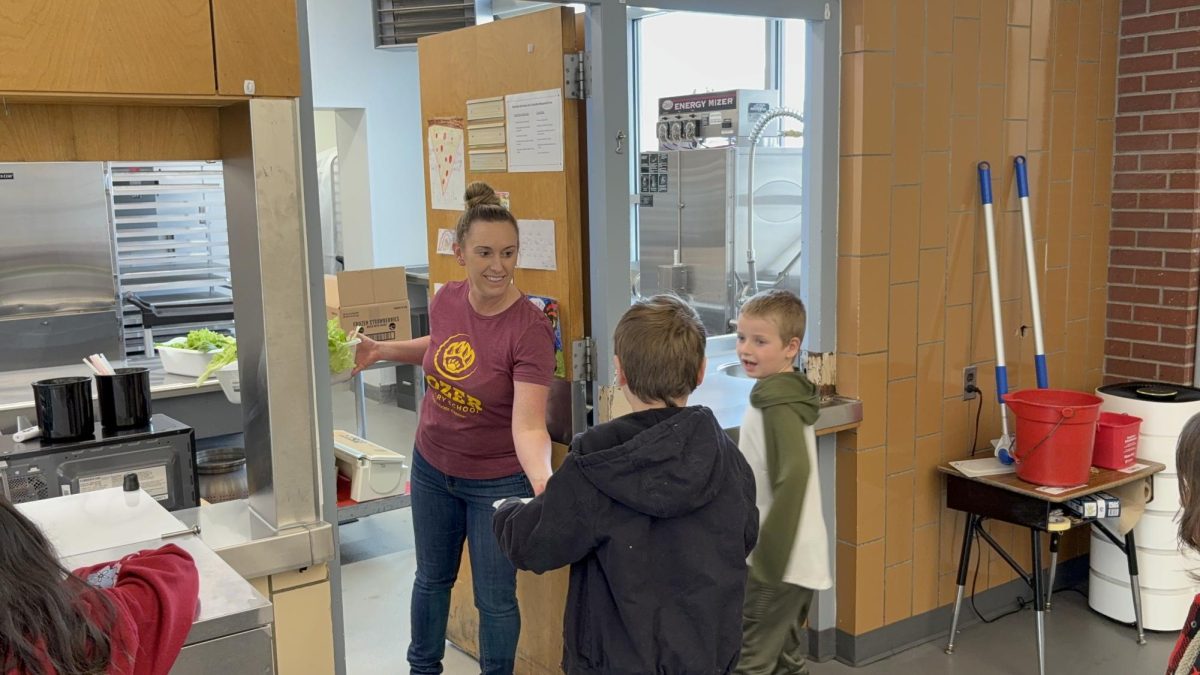

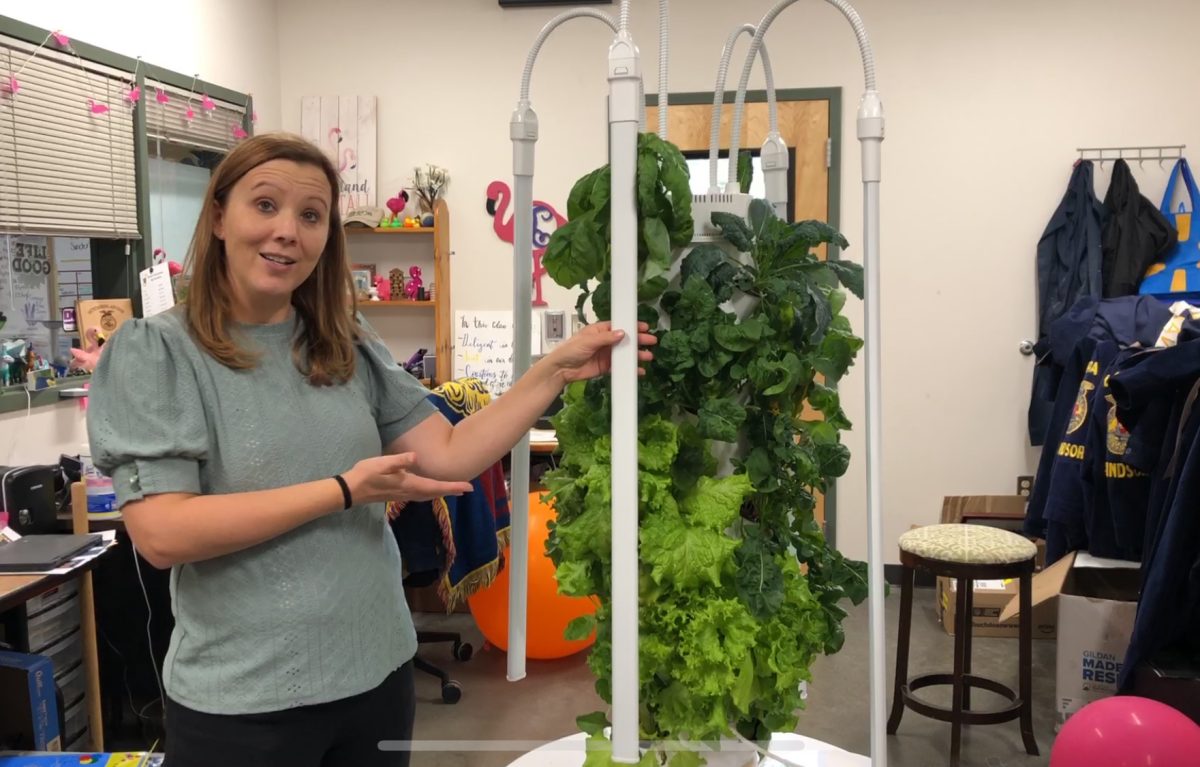




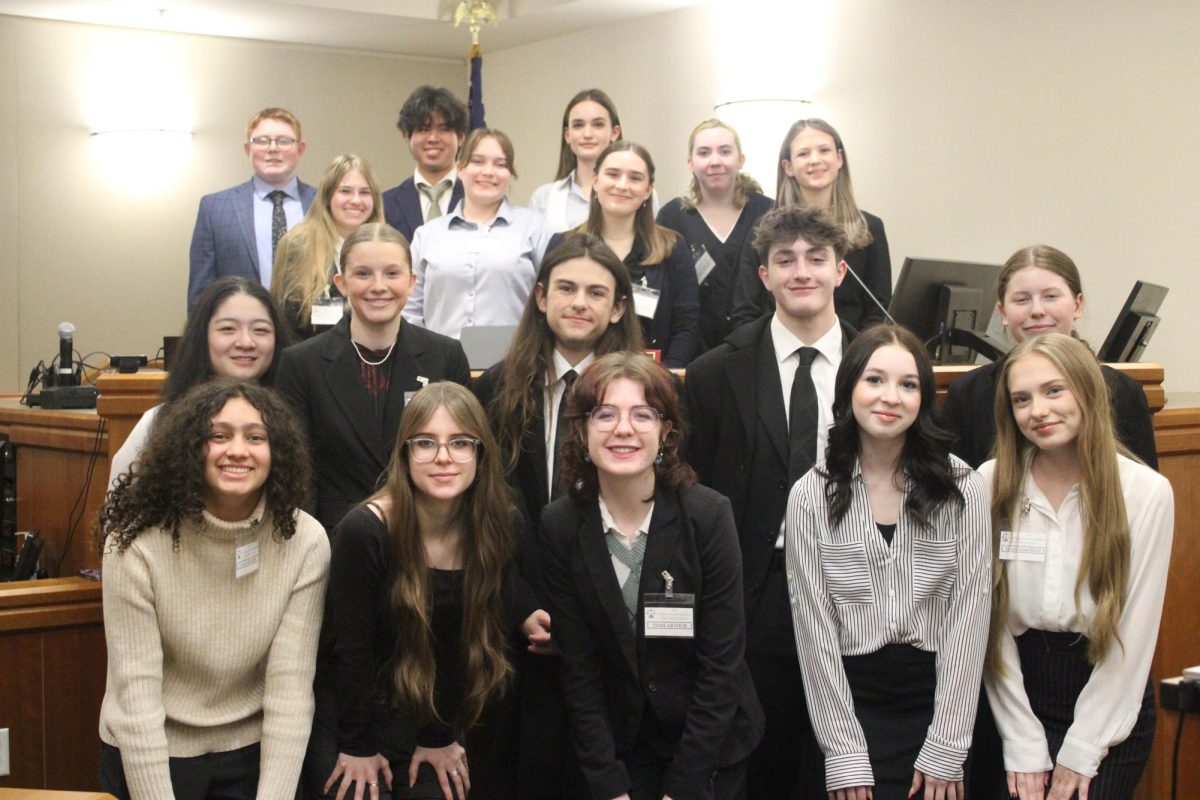

Addie Nichols • Feb 21, 2025 at 9:00 am
I thought this story was good until I knew that you wrote it. I’m just kidding! It was actually a really good story and you got some good quotes.